Meet the Wildhouse Audience
We’re launching the Wildhouse blog by telling you about our audience. If you’re reading this, you’re probably part of that audience, though you might not realize how diverse it is – or should I say, how diverse we are.
I once addressed a crowd of non-religious folk, mostly atheists, in an environment where it was expected that everyone more or less agreed that religion is a plague on the earth responsible for delusional thinking, superstition, and socially retrograde behavior. My message was that many nonreligious and even militantly anti-religious people are on quests for meaning that have a lot in common with traditional spirituality, though perhaps without some of the supernatural decorations, and that we need to find ways to support those quests. Spiritual journeys, after all, are often not easy or obvious, and a little wisdom can go a long way.
The Q&A that followed the lecture was more like a series of testimonies. One speaker after another talked about their spiritual quests and how frustrated and isolated they felt in the midst of those journeys. One expressed envy of religious people who have spiritually supportive communities and longed for the same, provoking energetic nods around the room. One wept openly as she described how blocked she feels on her spiritual journey, for want of useful resources that fit her atheist, anti-supernaturalist, and non-religious approach to life.
I was deeply moved by these testimonies. And I think Wildhouse Publications (WHP) may have been born in that tender exchange.

Our friends at the Pew Research Center have been mining insights into people without an active religious affiliation (the so-called “Nones”). Since these folk are an important part of the WHP audience, I’ll pass along a few nuggets.
Let’s start with atheists. In the last decade, the number of self-declared atheists in the United States has doubled to about 4-5%. The same trend applies to people calling themselves agnostics. In the most secularized countries in Europe, the rates of atheism are three-to-four times higher. About a third of atheists ponder the meaning of life at least weekly, they tend to be religiously literate despite not believing, and about one in five believe in some higher power or principle, though definitely not the personal divine being of the Bible.
Do the math with me: that places about 2% of the US population in or close to the WHP target audience as what we might call spiritual atheists and agnostics. And these folk are well educated and like to read. They are also dominantly male and young.
What about the unaffiliated more generally? In the US, the majority of Nones were raised religious and they are divided between the half who say they are religious or do believe in God but don’t practice any religion and the half who say they don’t believe and don’t like religion. A sizable minority of Nones weren’t even raised religious, and that proportion is a lot higher in countries where secularism is further along.
Why are the Nones unaffiliated? 60% question religious teachings, half don’t like what they see as the regressive social stances of religious groups, and more than a third each don’t like religious organizations and religious leaders, don’t believe in God, or think of religion as personally irrelevant. And yet, a large chunk of the Nones are on spiritual quests. That group is a lot larger than the spiritual atheists and agnostics, and a lot more diverse than spiritual atheists in terms of gender and age. These folk are a key part of the WHP audience, too.
A third part of the WHP audience is almost hidden – the unconventionally religious people. These spiritual questers blend in with other religious folk, affiliating with religions and attending services. But they are aware – sometimes painfully – that their beliefs may not match the official teachings of their religious environment. For instance, about 25% of self-identified Christians in the USA reject the idea of God as a personal being, the way God is typically presented in the Bible, and think of God more like a fundamental principle or something else that is thoroughly anti-supernaturalist. These folk might be more mystical than most. They can manage being in church OK most of the time but they struggle to find spiritually relevant resources to support their quests. Among some Jewish communities, it is almost expected that you won’t embrace the idea of a personal divine being.
This is a big group and they are under-resourced, just like the spiritual atheists and the spiritual but not religious crowd.
This tour of statistics generates relevant insights. But it doesn’t say anything specific or personal about what it feels like to be on a spiritual quest without the kinds of wise support and counsel, and the companionship, for which many people long. For that, I call up the memory of the post-lecture Q&A I mentioned before. It feels like tears of frustration and longing, and occasionally glimmers of hope and sparkles of joy that flower into ecstatic dancing. WHP exists to ease the pain and amplify the glimmers and sparkles and dancing. Those are our people.
Wesley J. Wildman, Manager
Wildhouse Publications
WesleyWildman.com